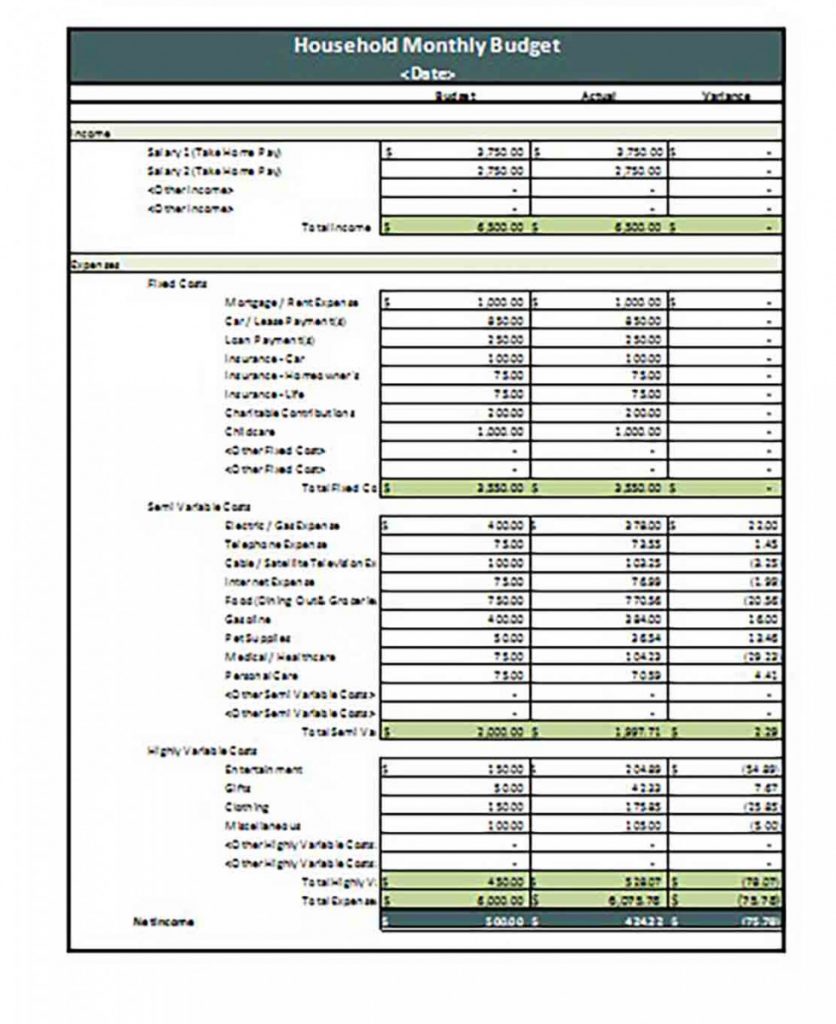

Zeitschrift des Statistischen Büreaus des Königlich Sächsischen Ministerium des Innern 8(9). Die Productions- und Consumtions verhältnisse des Königreichs Sachsen. Facsimile edn, London: Frant Cass & Co., 1966.Įngel, E. Budgets économiques des classes ouvriéres en Belgique. Cambridge: Cambridge University Press.ĭucpétiaux, A.E.

In Econometric analysis for national economic planning, ed. Family composition, prices and expenditure patterns. This process is experimental and the keywords may be updated as the learning algorithm improves.īarten, A.P. These keywords were added by machine and not by the authors. In more recent times official institutions organize these surveys more or less regularly as part of their normal operations. The 19th century has seen a gradual extension of such household budget surveys mostly conducted by private (groups of) persons on an incidental basis. Ducpétiaux used a uniform classification of expenditures to facilitate comparison of consumption patterns across families. Another well known early example is the collection of 199 budgets for Belgian labouring class families in 1853, published by Ducpétiaux (1855), which provided the statistical material for the formulation of Engel’s Law (Engel 1857). Prices and quantities are only rarely given but the composition of the family and the occupation of its head are usually precisely described. Eden reports for these families their earnings by type of income (mostly wages) and income earner, and their expenses by type of expenditure (food, rent, fuel, clothing). He obtained this information for households from some 50 parishes in England. To assess the living conditions of the lower classes Eden wanted to know, in addition to other matters, the ‘Earnings and expenses of a labourer’s family for a year: distinguishing the number and ages of the family and the price and quantity of their articles of consumption’ (Preface, p. The earliest known example of systematically collected household budgets can be found in The State of the Poor by Eden (1797).


 0 kommentar(er)
0 kommentar(er)
